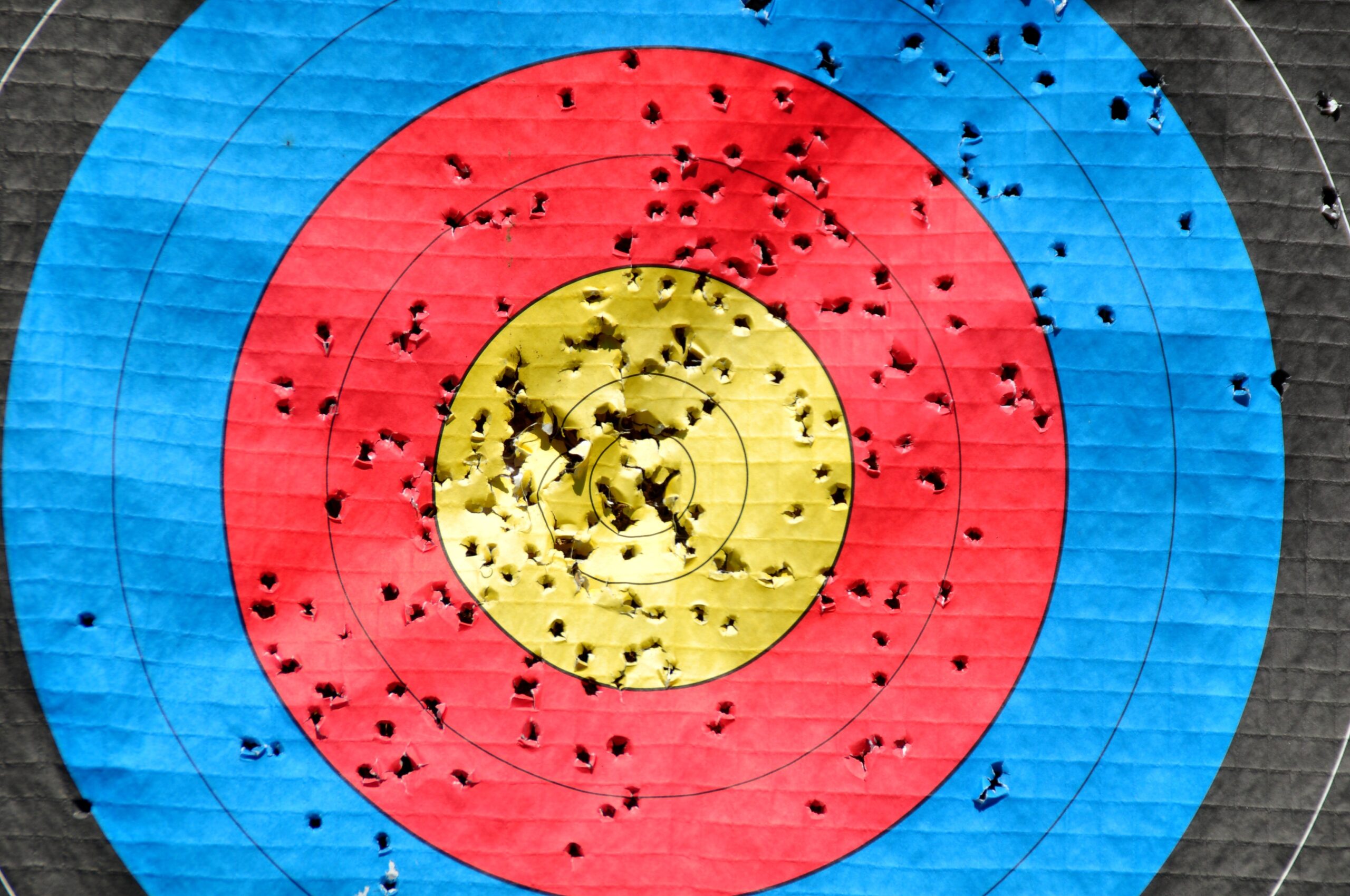3 Simple Ways to Revisit Our Happy Life
Please click the Play arrow to listen to the audio.
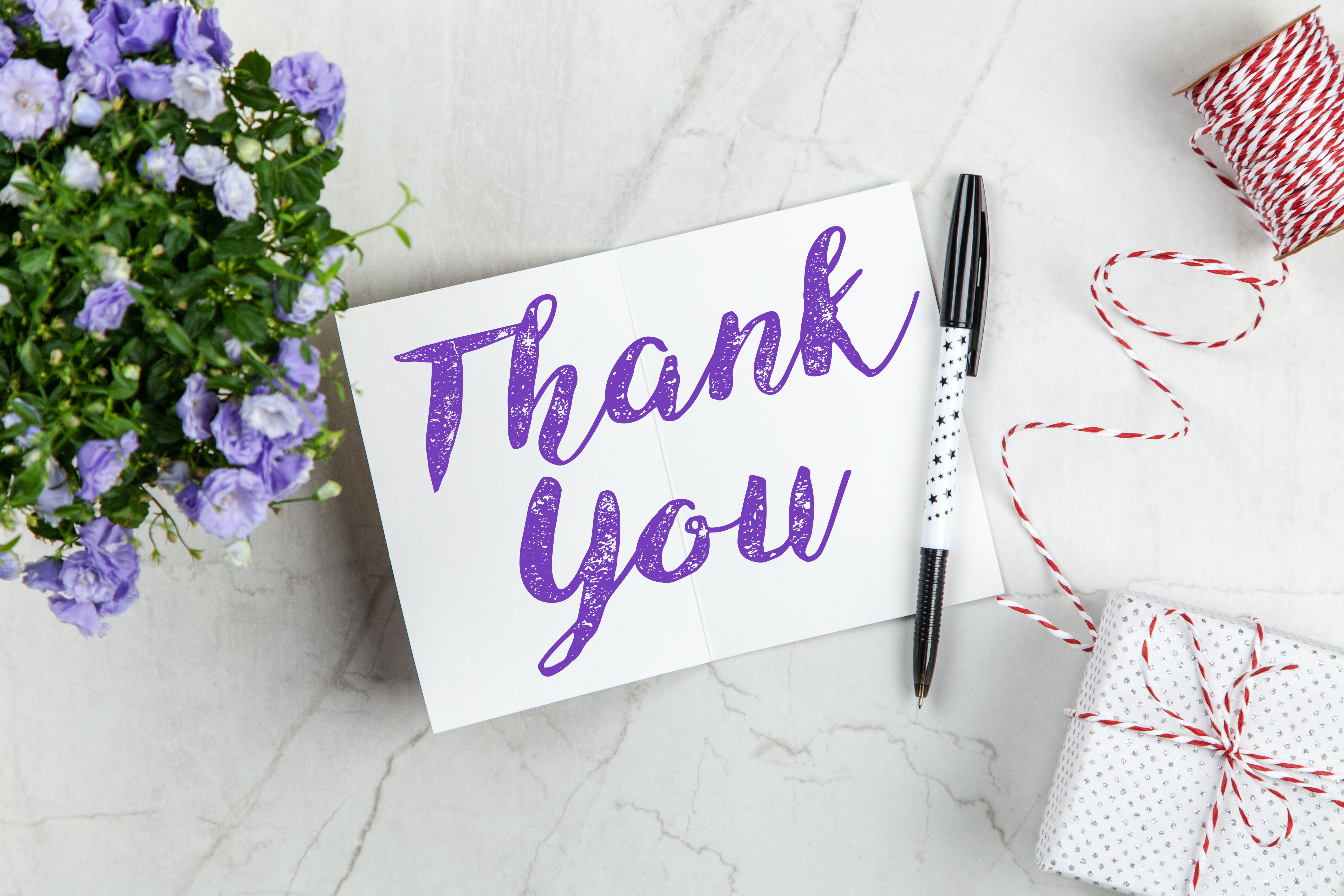
The “Lady Gaga” of Lisbon
Her name is Debora. And she lives in Portugal. I first met this young lady when I visited Lisbon before the pandemic. If not for her very simple gesture of kindness, I would have forgotten her. Just like most people I meet during my travels. But Debora did something that made me reflect on my life in that instance. And I told myself, “If only all of humanity is capable of doing such simple act, this world would surely be a much better place.”
What Debora did was not so grand or earthshaking. In fact, it was very personal and “earth-grounded”. Yet that gesture became unforgettable.
An unforgettable gesture of simple kindness
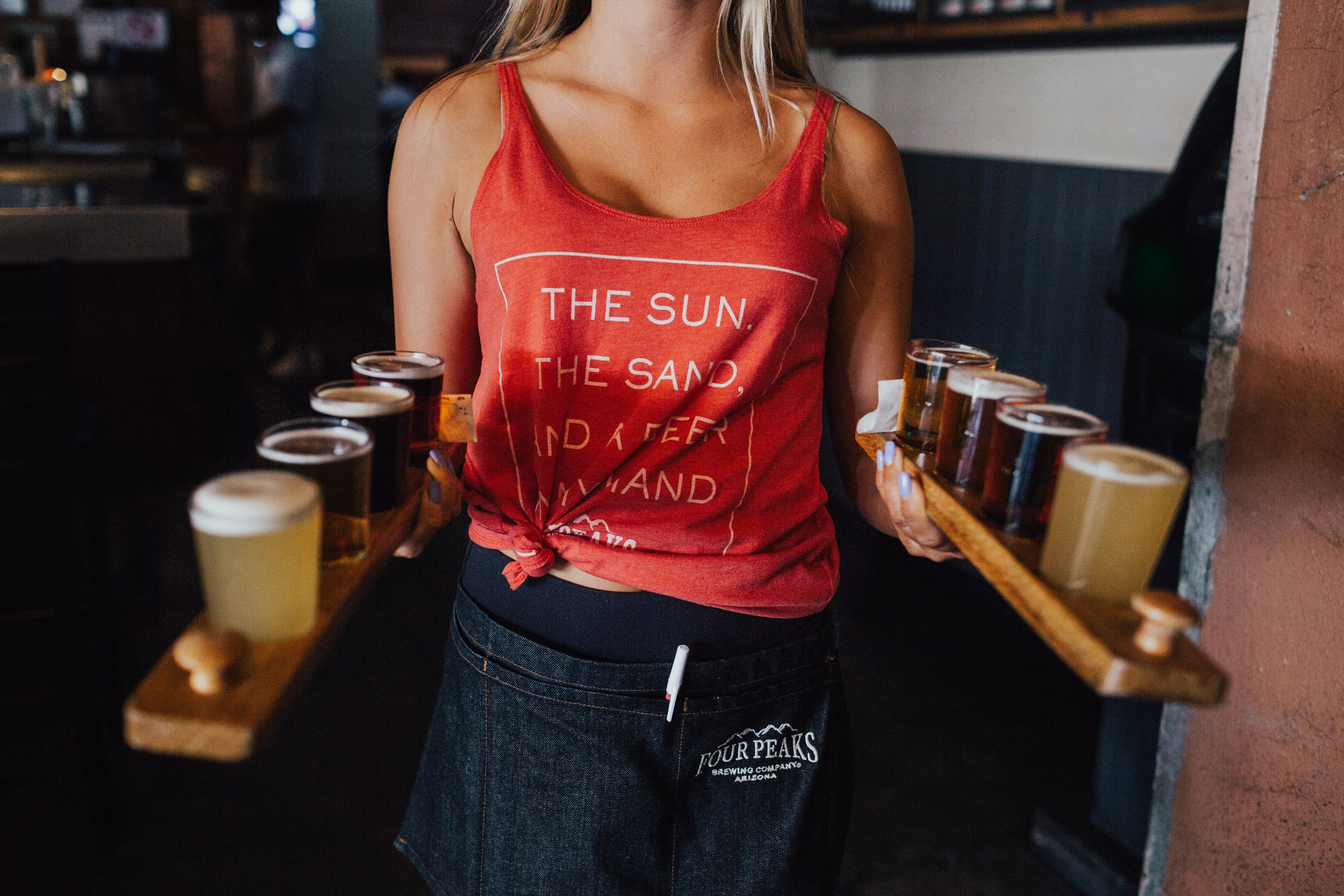
My companion and I were spending our last moments in the lobby of Epic Sana Hotel in Lisbon, where Debora used to work as one of the servers at the bar. Since it was our last day, we decided to pamper ourselves with a round of exotic-sounding, but not inexpensive, drinks. And as Debora gracefully approached our table and placed the glasses, we were ready with our card and some bills for the tip.
However, Debora waved us off. At first, we got a little confused. So, she explained herself. “It’s on me.” She said with a smile. “Enjoy the rest of your time in Lisbon.” My companion and I exchanged bewildered looks. Who refuses a gratuity? Up until today, it is still a mystery why Debora did what she did.
My attempt to reciprocate in a bigger way
I was at a loss for words of gratitude. When I approached her a few minutes later, I gave her what I thought was the greatest compliment. “Has someone ever told you that you are the younger and prettier version of Lady Gaga?” She actually knew the popular actress/singer. Debora’s beautiful eyelashes seemed to flutter and straighten up tightly with excitement as she smiled gracefully. “Oh, thank you,” she said, in a sweet Portuguese accent.
I am sure Debora would be reading this post. Thank you to our own Lady Gaga in Lisbon!
Gratitude
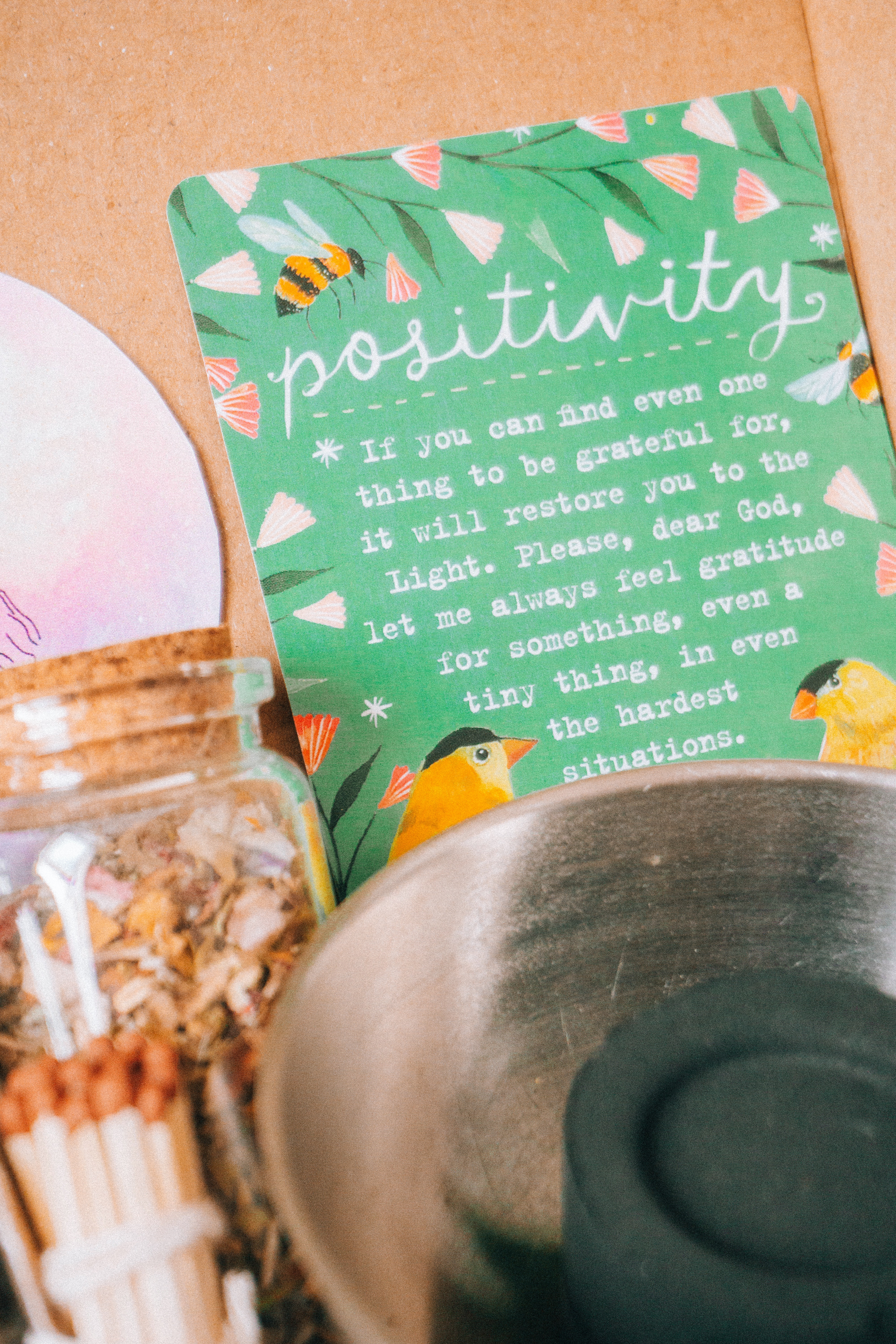
According to the dictionary, gratitude is
“the quality of being thankful; readiness to show appreciation for and return kindness.”
I want to revisit this simple word because a key to a happy life lies in the understanding of this often taken for granted gift of humanity. Gratitude is much more than just saying “thank you.” It goes deeper than that.
Believe it or not, I try to be mindful of this every waking hour of my life. Sometimes I do it over mundane and ordinary events in my day. For example, before I drive my car out of the garage, I offer prayers for my safety and that of my passengers, and for other motorists I share the roads with. At every end of the trip, I express gratitude to my Creator, to my car, and to other motorists for coming to my destination safe and sound. Yes, I say thank you to my car.
David Hume (1711-1776)
This Scottish Philosopher wrote what is considered his most important work. “A Treatise of Human Nature” is one of the most influential works in the annals of philosophy. In it he stated:
“Of all crimes that human creatures are capable of committing, the most horrid and unnatural is ingratitude.”
The Naikan Way

In the 1940’s a Japanese Buddhist named Ishin Yoshimoto pioneered a kind of therapy called Naikan. It is Japanese word for “looking inside” or “seeing oneself with the mind’s eye”. This is considered as a more moderate form of the “extreme ascetic contrition called mishirabe, an austere practice of meditation and self-reflection.”
What is Naikan for
This guide is helpful in our reflection on ourselves, our relationships with others, and the simple meaning of human existence.
The 3 Ways according to Naikan
What have I received from this person?
At the end of each day, we try to focus on each person that we encountered in the last 24 hours. Then we count the many ways we have received something from this person. It can be anything, tangible or otherwise. It can be free cup of coffee. Or just simple words of kindness.
The amount of kindness we received from our fellow human beings can add up to our sense of self-worth. This means people see something in us that is worth their own time, energy, or material things. Therefore, the less of this makes us ask ourselves honestly, “Why am I not receiving anything good from others?” Or, in a more brutal way, “Why are people not kind to me? What do they see in me?”

What have I given to this person?
With the same individual person in mind, we try to recall of anything we have given to that person. Again, it can be tangible or intangible. This is not for the purpose of finding the answer to the question why the other person did not give us anything. Our fulfillment to give out does not rely on any expectation that it will come back to us in any form.
Asking ourselves what we have given out reminds us of our levels of selflessness and selfishness. Which one is growing, and which one is diminishing? The awareness that we have given out something that we have leads to a boost to our own self-worth and sense of being blessed. We can give because we have something. This gives us more reason to love ourselves.
What troubles and difficulties have I caused this person?
The 3rd way according to Naikan is to ask ourselves if we have contributed something positive to the universe. And we start with that same single person. This is very important.
I may not have received anything from that person. And I may not have given something to them. Or, I have not left any positive footprints in my encounter with that person. This means I have contributed something neutral into the universe.
Causing any troubles and difficulties to that person means I have contributed some kind of negative energy into the universe. And that negative vibe that I have caused to that person might multiply; it ruined their own day, their own relationships, their work.
The Naikan Way is like having a savings account
Now that interest rates are hitting the roof, our savings deposit in the bank ought to be smiling too. (Although in most cases, this is not true at all. And majority of people do not have time to be aware of this disparity. Interest rates being high or low, it is always the banks that are …laughing all the way to the bank!)
The Naikan Way is about making deposits to our life’s happiness account. When we are not making any difference to other people’s lives, our account remains the same. But if we did contribute something positive, a deposit is going into our account. However, if we have caused ill-will and sadness to others, we are making some withdrawals. Without self-reflections, we wake up one day to discover that our life’s savings account is already on the negative.
How do we like us to be before we die?

Death is inevitable, of course. It is just a matter of when and how. Was it the great philosopher Seneca who once said, “We are born into a world of things which are all destined to die”?
Many would agree that the saddest death a person can experience is when all regrets and self-blame come crushing before the lights of reason and self-awareness go off. Since death is part of life, any mortal would wish that should it come anytime, it would be a happy time. Yes, some people can have a happy ending.
This is why Naikan should be a daily exercise. Because we never know when our own life’s curtain will fall. It can come anytime.
Enemies of gratitude
In the spirit of Naikan, there are parts of human nature that are considered enemies of gratitude.
Lack of awareness & reflection
The reason why we do not even express the simple words “thank you” when we receive something from someone is because we lack the sense of the “here and now”. We are too distracted to focus on one thing at a single given time. Our life has become so automated that we cannot take a pause and notice some subtle things that are happening in our lives.
Or that we presume that giving out is just part of daily living. The give-and-take event between humans has deeper consequences in our inner core. Many animals, especially apes, are capable of giving and receiving bananas to each other. But I wonder if they also have souls that benefit from that give-and-take?
False belief that others know I am grateful
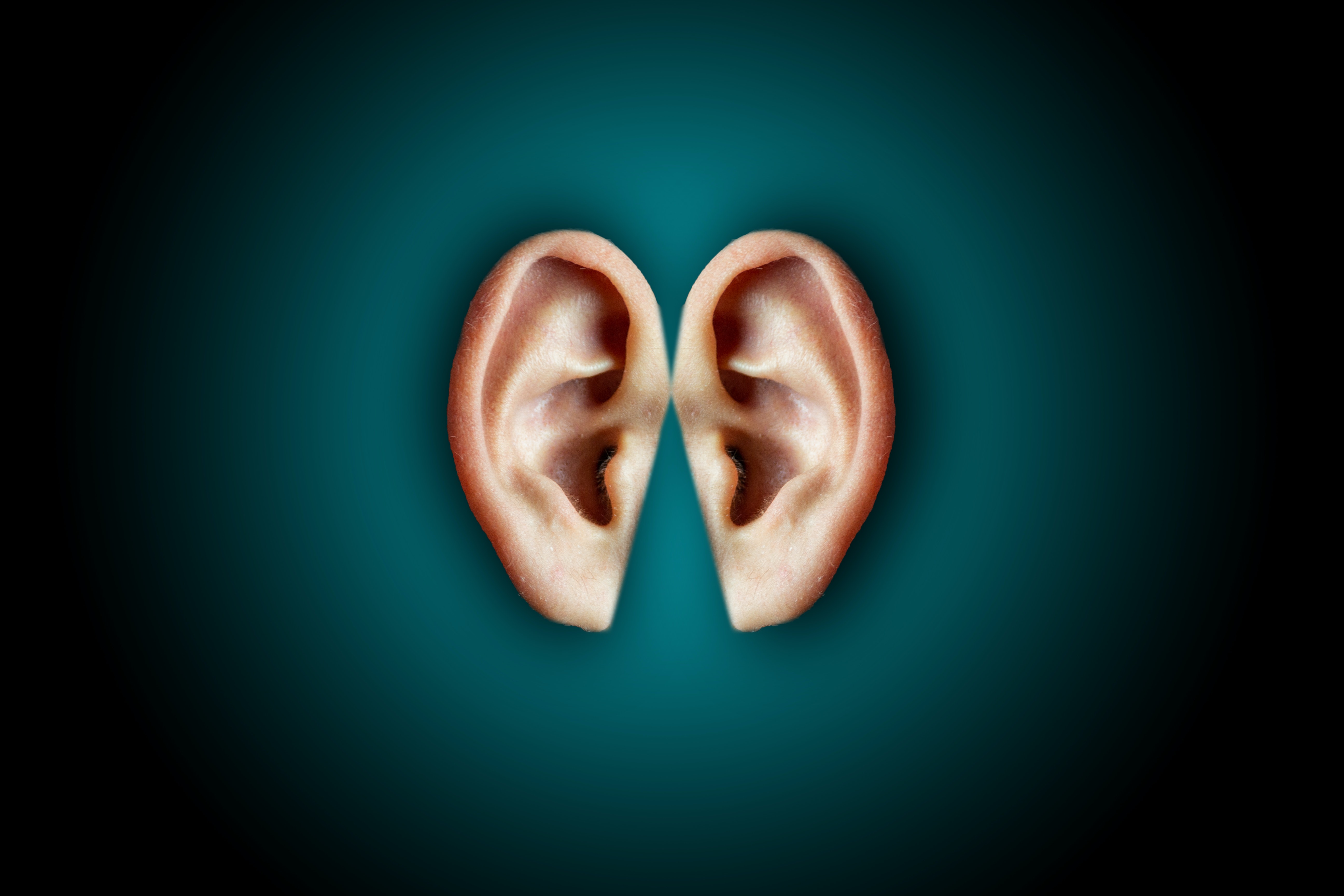
Sometimes we expect that others are mind readers. And therefore, they already know what is in our heart. What we forget is that each human being is just like us. We feel good when other people are appreciative of our good deeds. And that we are a verbal creature; the words thank you (even in sign language), is music to our ears.
Dilly-dallying
Because of lack of awareness and reflection, we do not see the great value of timing. I encountered many people in my adult life who one day suddenly remembered something I did to them months ago. “Oh, by the way. Thank you for that … when we last met.” When you hear this, you feel like somebody has just given you fish that already smells more than a fish.
In the context of Naikan, delaying the giving and the expressed appreciation of it do not benefit the self. You missed the accumulating interest in your life’s savings account. And, worse, how do you do it if the person has died today? Feeling guilty and regretting for failing to let the deceased know what is in your heart is a baggage that you carry toward your own end game.
Sense of entitlement
Just because the other has more and you have less does not give you the right to receive, and therefore you have no sense of obligation to appreciate anything. Of course, this is very common between parents and young children. And being young, children are exempted here.
This kind of attitude is toxic both to the giver and receiver. But I believe it is truer to the receiver than to the former. Sooner or later, having that sense of entitlement will lead to frustration and leave your character broken. In the spirit of Naikan, there is nothing in this world that you deserve for free. Life is not yours. The air you breathe is freely given. The love you receive from others is freely given (otherwise, it is not love at all).
That is why this sense of entitlement is one of the enemies of gratitude. Whatever goes into your life does not go out to others. The goodness you received from others does not multiply. And you are not contributing to the positive vibe of humanity. Your savings account does not grow at all.
They are too busy or rich to notice it
Again, this means you do not understand the beauty and essential ingredient of what it is to be human. Again, going back to Hume’s “A Treatise of Human Nature”:
“Of all crimes that human creatures are capable of committing, the most horrid and unnatural is ingratitude.”
No one is too busy or too rich to appreciate the expression of gratitude. Because, according to the great philosopher, it is humanity’s “natural” characteristics.
The science of happiness

For centuries scholars, scientists, and spiritual leaders have discussed extensively the importance of gratitude in people’s lives. But only recently has this been clearly acknowledged that it makes a huge difference in an individual person’s physical, psychological, and spiritual well-being.
Among the many benefits to one’s life, it brings more satisfaction in what you have, less cravings for materials things that you do not really need, helps for better sleep, a boost to one’s immune system. On a much deeper level it gives you a more resilient character, enhances humility, patience, and wisdom.
Flutter of a butterfly
“If a butterfly flutters its wings in Brazil, could it cause a tornado in Texas?” – meteorologist Edward Lorenz.
Let us all practice gratitude. It is good for our own health. The others will be better for it. And the whole world will be a better place. It is good for our own happiness savings account.

My friend Debora from Lisbon, Portugal, was like a butterfly. She fluttered her wings of kindness, and it still reverberates thousands of miles where I sit right now – 5,733 kilometers across the Atlantic Ocean.
What do you think of this post? Please share your thoughts by clicking on the underlined Let Me Know Your Thoughts below.

